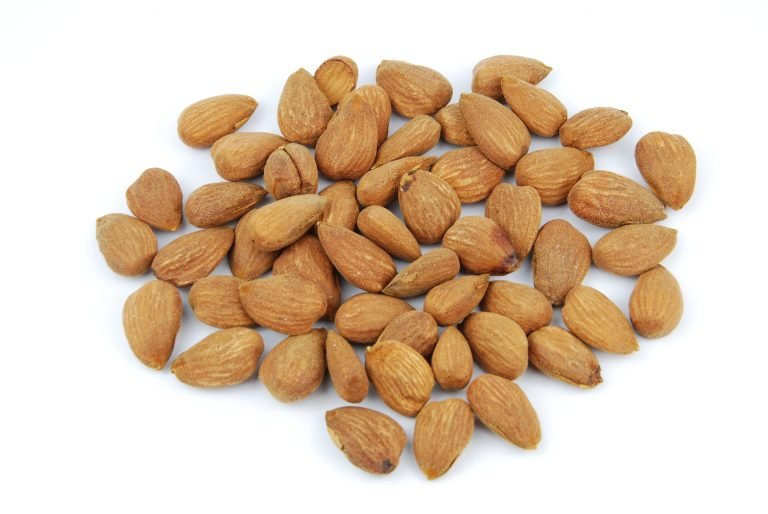How to Use Intermittent Fasting to Boost Your Metabolism, Burn Fat and Feel Great
Intermittent fasting is a popular diet trend that has been gaining traction in recent years. It involves alternating periods of eating and not eating, with the goal of improving overall health and wellness. In this blog post, we will explore what intermittent fasting is, how it works, its benefits, who should try it, and how to get started. Let’s dive right in!
What Is Intermittent Fasting?
Intermittent fasting is a type of dieting that involves cycling between periods of fasting and non-fasting. During the fasting period, you consume no calories or only a few low-calorie drinks like water, tea, or coffee. The non-fasting period allows you to eat normally within a certain time frame. There are different types of intermittent fasting, including 16/8 method (fast for 16 hours, eat for 8), 24-hour fast (fast for 24 hours once or twice per week), and alternate day fasting (fast every other day).

How Does Intermittent Fasting Work?
During the fasting period, your body goes into a state of ketosis, which means it burns fat instead of glucose for energy. This process leads to weight loss and reduces inflammation throughout the body. Additionally, intermittent fasting can help regulate insulin levels, lower blood pressure, and improve cholesterol levels.
Benefits Of Intermittent Fasting
There are many potential benefits of intermittent fasting, including:
Weight loss: Intermittent fasting can lead to significant weight loss by reducing caloric intake and burning stored body fat.
Improved metabolism: By boosting the production of human growth hormone during the fasting period, intermittent fasting can increase metabolism and promote muscle development.
Reduced inflammation: Studies have shown that intermittent fasting can reduce systemic inflammation throughout the body, leading to improved health outcomes.
Better sleep: Some people report improvements in their sleep patterns while practicing intermittent fasting.
Who Should Try Intermittent Fasting?
While intermittent fasting may be beneficial for most people, there are some groups who should consult with a doctor before starting this diet plan. These include pregnant women, breastfeeding mothers, individuals with a history of eating disorders, and those taking medications that require food.
Getting Started With Intermittent Fasting
If you decide to try intermittent fasting, here are some tips to get started:
Choose a schedule that fits your lifestyle and goals. For example, if you want to lose weight quickly, consider trying the 16/8 method. If you prefer longer periods of fasting, the 24-hour fast might be more suitable.
Make sure to stay hydrated during the fasting period by drinking plenty of water, herbal teas, and low-calorie beverages.
Eat nutrient-dense meals during the feeding window to ensure you’re getting all the necessary vitamins and minerals.
Be patient and consistent. Like any new habit, intermittent fasting takes time to adjust to. Stick with it for at least three weeks to see results.
FAQs About Intermittent Fasting
Here are answers to some frequently asked questions about intermittent fasting:
Can I exercise while doing intermittent fasting? Yes, you can still workout while following an intermittent fasting plan. However, it’s best to do so during the feeding window when your body has access to fuel.
Will I feel hungry during the fasting period? Many people experience hunger pangs during the first few days of intermittent fasting. But as your body becomes accustomed to the routine, these feelings tend to subside. You can also use distraction techniques such as reading or watching TV to take your mind off food cravings.
What if I cheat on my fast? Don’t worry too much if you slip up occasionally. Just get back on track with your next meal or snack. Remember, consistency is key.
In conclusion, intermittent fasting can be a powerful tool for weight loss, better health, and increased longevity. Whether you choose to try it or not ultimately depends on your personal goals and preferences.




